Note: Oli Lipski also contributed to this article
As of today, December 20, Facebook-owned Instagram is changing the way it is enforcing its community guidelines in a way that could impact sex workers and adult content creators – at least, that’s the impression that many of the concerned users have. Exactly what is due to happen today, if indeed anything discernible, is a little more difficult to say.
The current guidelines that prohibit Adult Nudity and Sexual Activity (14), and Sexual Solicitation (15) haven’t changed, SEXTECHGUIDE understands. What has changed is the language used to explain some of the terms.
Naturally, given the pretty much awful relationship Instagram has with sex workers and adult content creators up until now, there’s a lot of concern from users that this is a(nother) concerted crackdown.
Despite the assurances, many adult-focused users of the platform have been burned in the past. We’ve already noted that it’s not a very sensible place for an adult content creator to build or maintain an audience.
Activist, journalist and pole dancer, Caroline Are (AKA Blogger on the Pole), started a petition calling for Instagram to “stop unfairly censoring nudity and sexuality”. Regardless of the outcome of any one particular petition or lobbying initiative, this is a long-fought battle.
Facebook is well-known for its prudishness, as we reported back in 2016, that has made its platforms increasingly hostile to anyone who wants to talk about sex. It restricts users from uploading “sexually suggestive” content, in order to ensure “the content we recommend to people is both safe and appropriate for the community”.
So, according to Instagram, there’s no change to the substance of the terms, just the language used to describe those terms. For example, the instructions not to post images showing “Squeezing female breast except in breastfeeding context” has become “Squeezing female breasts, defined as a grabbing motion with curved fingers that shows both marks and clear shape change of the breasts. We allow squeezing in breastfeeding contexts.”
The language around in which situations Instagram bans accounts has also been modified significantly this month, as shown in the image below.

In addition, Facebook has updated the terms of use for Instagram on its site from today. The most substantial addition is a section called ‘How Our Service is Funded’ (shown below), but there are also a number of other changes throughout the document.

These include rules for posting branded content via Instagram tools, and consequences for interfering with “the intended operation of the service..[including] misusing any reporting, dispute, or appeals channel, such as by making fraudulent or groundless reports or appeals.”
A simmering hostility?
The lack of clarity around this update is astounding, and is built on a long history of already-marginalized groups feeling even more marginalized.
This is evident in Salty’s report on algorithmic bias which discovered how mostly BIPOC users, body positive advocates, women and queer people are often the target of censorship. It explains that policies designed to protect users from racist or sexist behavior are harming the very groups that need protection.
Furthermore, it found that roughly half of the disabled accounts were done so “in error” and later reinstated, conveying an issue with “false flagging”.
It’s safe to say that building an indie adult brand on this platform is almost impossible, and even downright unadvisable, with posts and accounts subject to explicit banning, or the more insidious ‘shadow banning‘ – where accounts are actively hidden from their followers, leading to massive drops in engagement. When most of your income relies on social media visibility, this detrimentally impacts the livelihood of many adult creators, particularly during a pandemic where most are forced to go digital.
The latest terms come only two months after it reversed its nudity policy to support plus-sized Black women. Nonetheless, even then Instagram stated it has to “draw the line somewhere”, and that “somewhere” is undoubtedly sex.
“Instagram is a global platform for people of all ages and we have rules around nudity and sexual solicitation to ensure content is appropriate for everyone. We allow sex positive content and discussion, but we do not allow content that facilitates or coordinates sexual encounters between adults.”
Facebook Company Spokesperson
What is confusing is the ongoing lack of distinction between sex positive content and sexual solicitation by the moderators. In either case, if you post a picture of a sex toy, that’s against the rules, even if used outside clothing.
Caroline Are explains that many of the nudity and sexual references that Instagram has historically prohibited (including strip club shows, erotic dances, references to arousal or even pointing users to other platforms such as OnlyFans) don’t facilitate sexual encounters. “They are merely self-expression, education or, sometimes, direction to take those encounters elsewhere.”
The double standards are also highlighted by Instagram user ‘@nipplerings’, who observed that strippers are unable to post pole dancing videos, “but pole fitness girls are allowed to post all of their vids with impunity.”
A better world… or a better platform?
So, to push forward? Or admit defeat? With so much at stake in terms of followers, income, online presence, and an entire brand, all disappearing at the flag of an account, Facebook and Instagram aren’t safe places to foster an adult brand.
There is hope, however, with the launch of alternative online adult social media platforms including Pleaze Me, Lips Social, and Raspberry Dream Land.
Read Next: Aural sex: Is audio porn the next big thing in adult content, or destined for censorship?


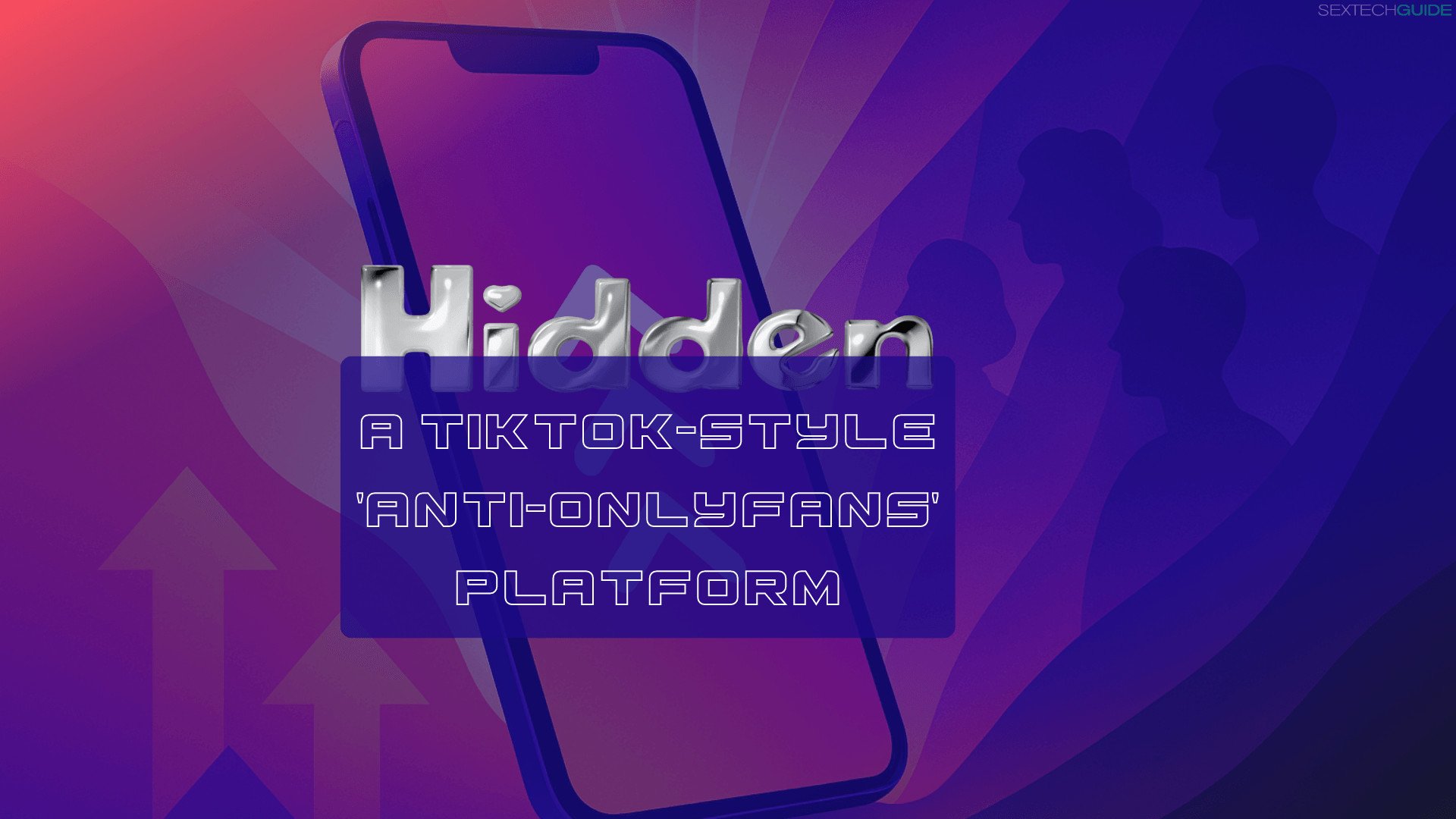



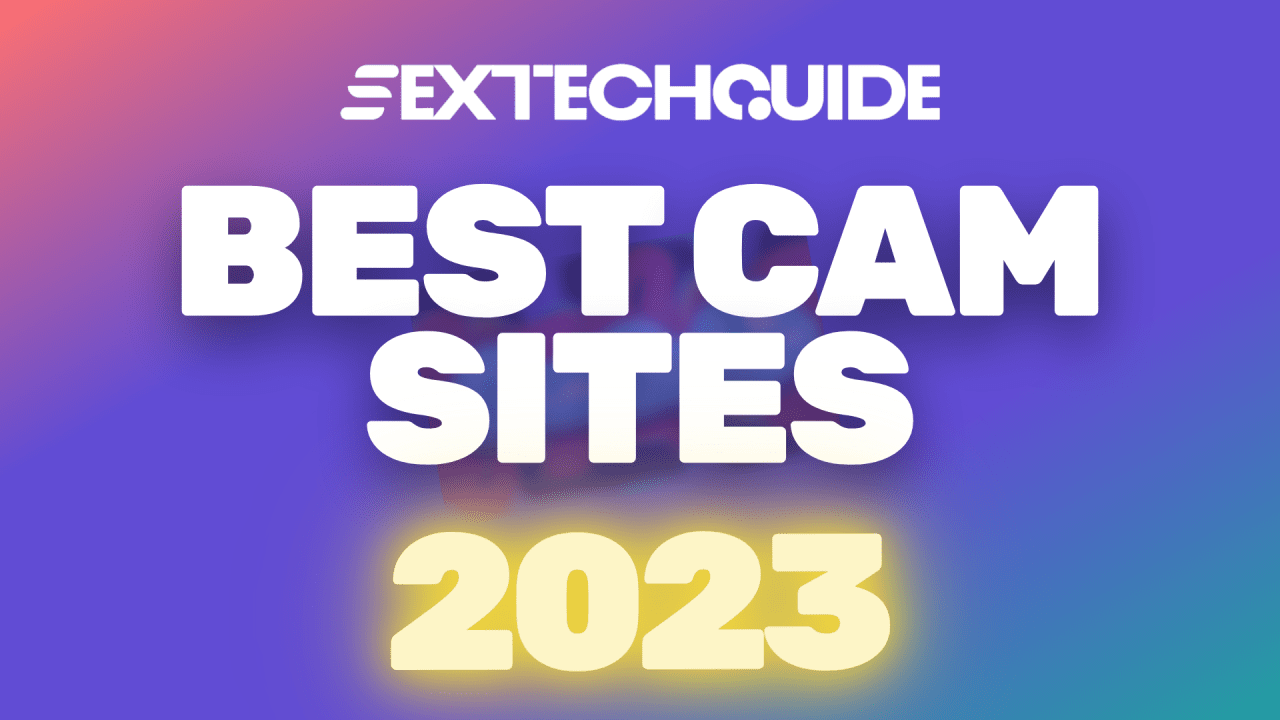

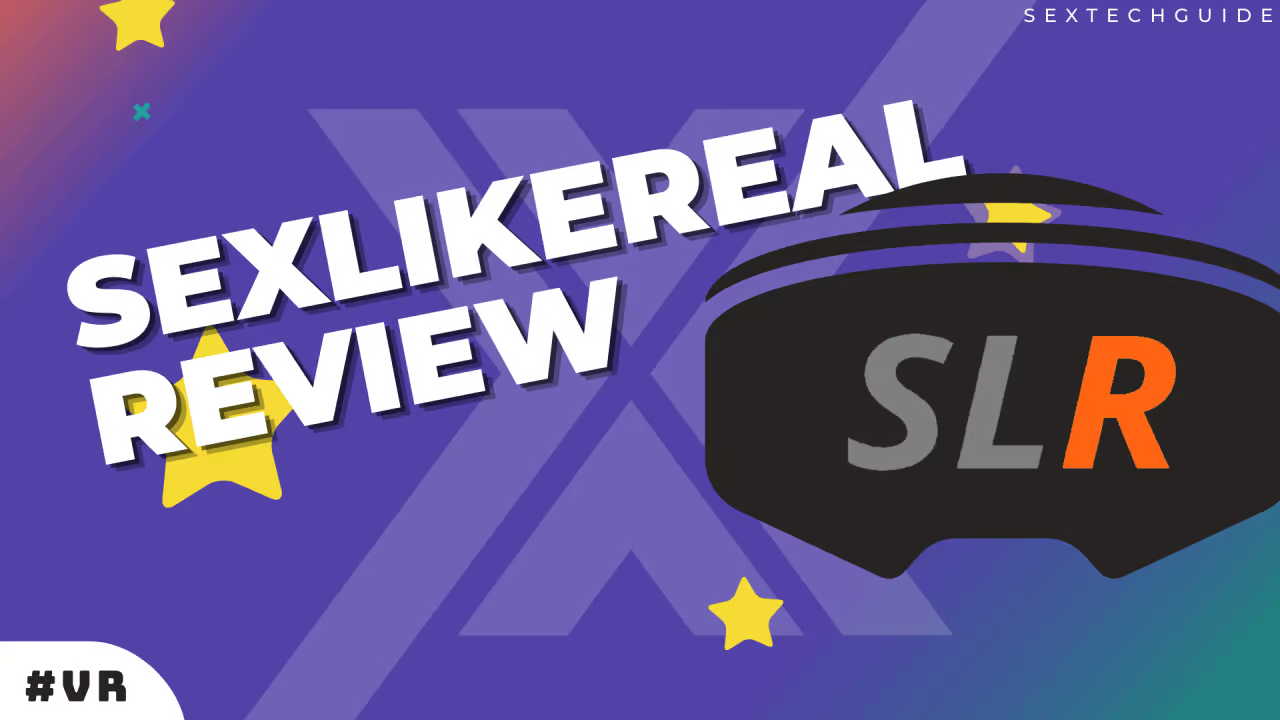
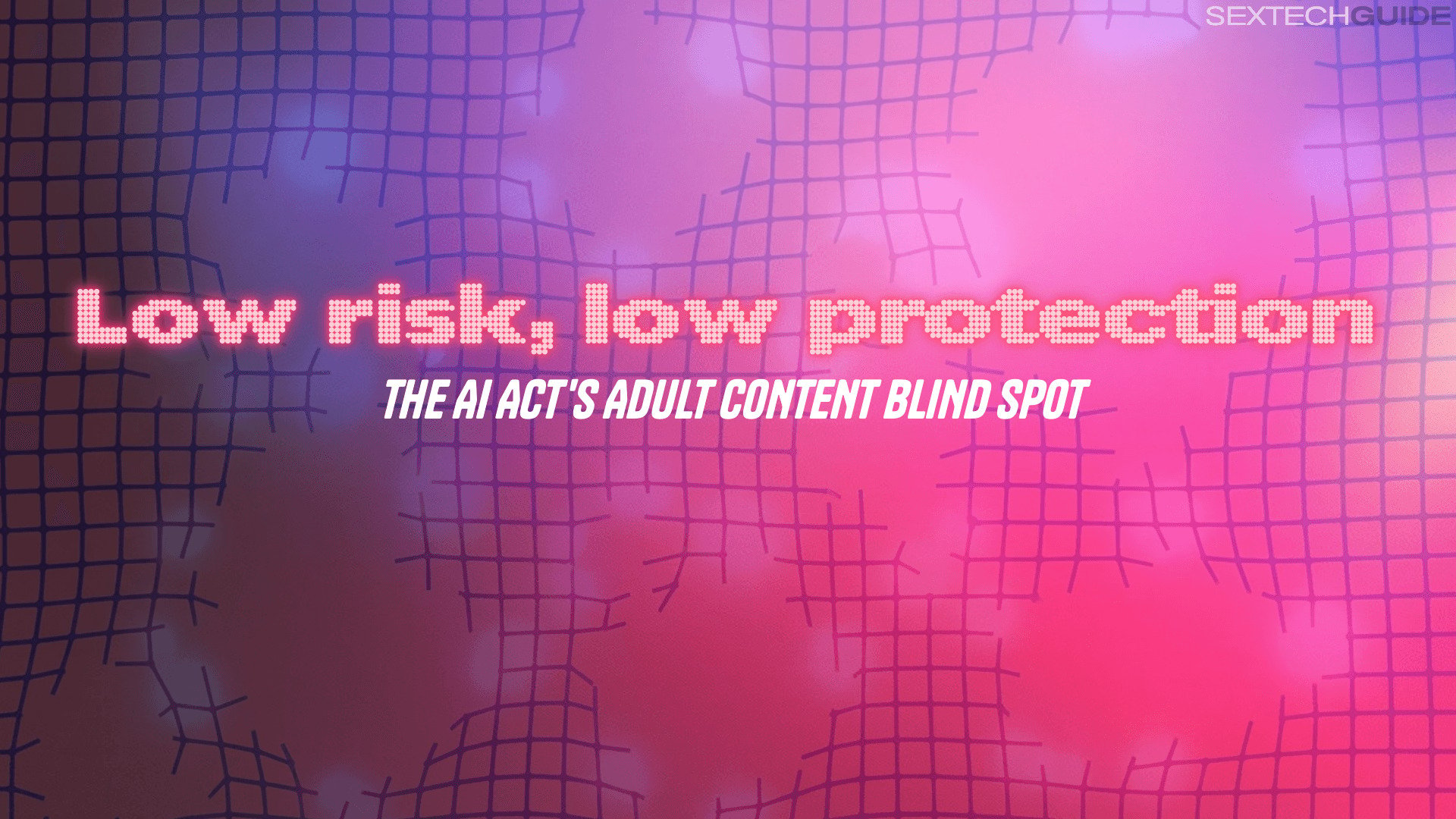

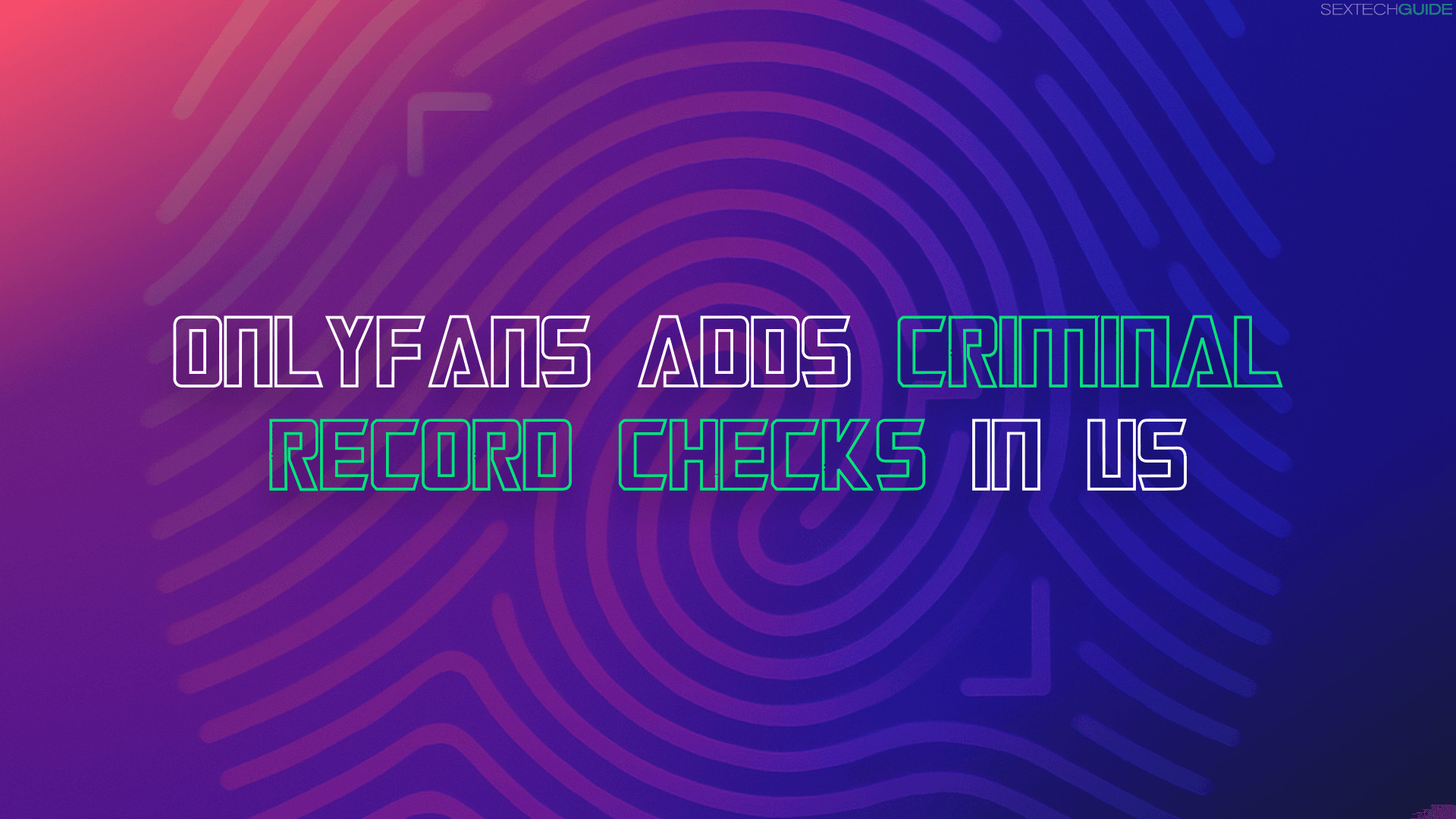









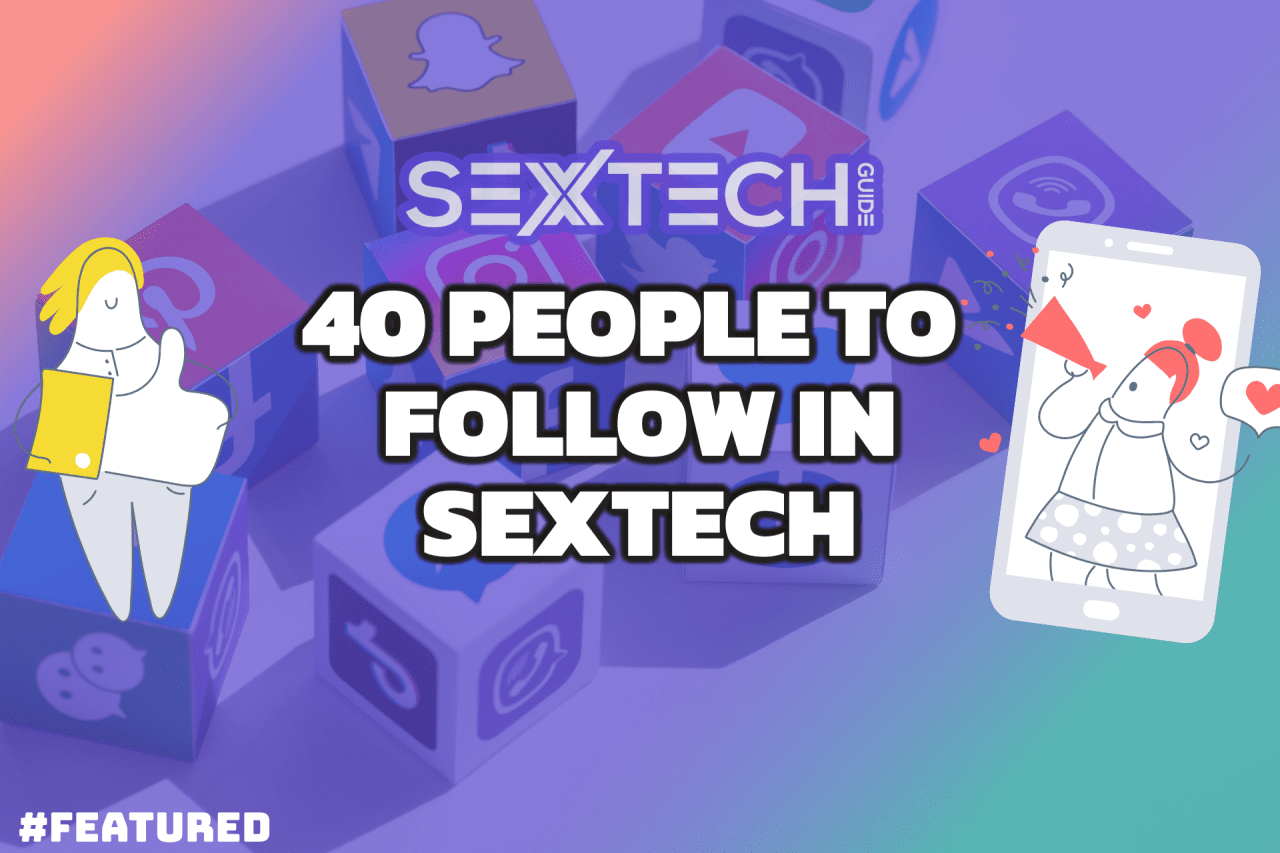






Leave a Reply